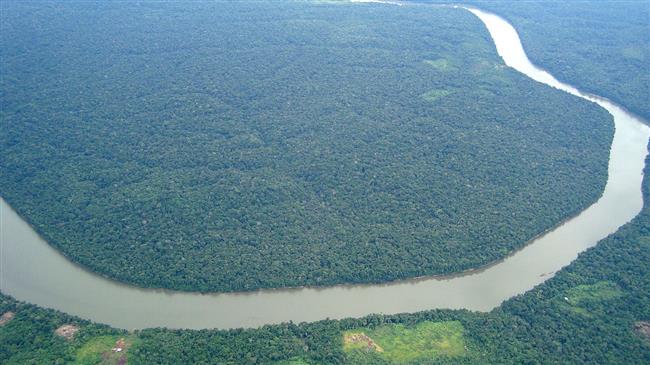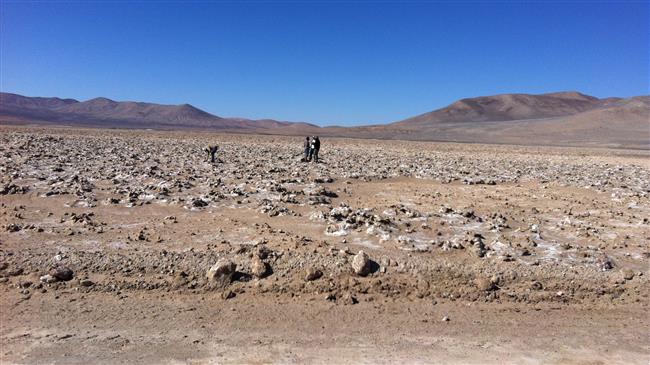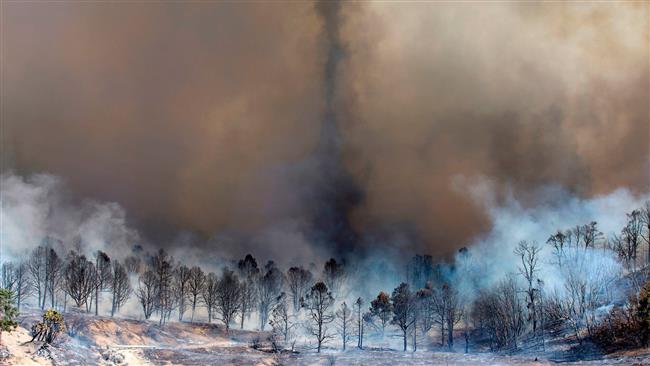Climate change could wipe out over half of wildlife in Earth’s forests by 2100: Study
Over half of the wildlife in the world’s most biodiverse areas could vanish by the end of the century if efforts are not exerted to combat climate change, a new study predicts.
According to the results of a new research, conducted by the World Wildlife Fund, University of East Anglia and the James Cook University, as many as 60 percent of plants and 50 percent of wild animals could be wiped out from dozens of hotspots around the globe, including the Amazon basin and Madagascar, by 2100.
The paper, which was published in the journal Climate Change on Wednesday, also said that less drinking water, as a result of global warming, could lead to dangerous tensions between animals and humans and rising seas could push species from their native breeding grounds further inland, towards people.
Researchers inspected the impact of climate change on nearly 80,000 species of plants and animals in 35 of the world’s most naturally rich areas, the so-called priority places, which are home to some of the planet's most exceptional ecosystems and habitats.
They examined three different climate change scenarios: a 2 degrees Celsius rise in global temperatures, which was the threshold set out in the Paris Climate Agreement, a 3.2 degrees Celsius rise, as predicted for the end of the century, and a 4.5 degrees Celsius increase, which is the forecast outcome if carbon emissions keep on rising unchecked.
The results showed that a global mean temperature rise of 4.5 degrees Celsius would have a devastating impact on plants and animals, with the Amazon at risk of losing 69 percent of its plant species, and a temperature rise of 3.2 degrees Celsius would mean that 50 percent of animal species in the Amazon would be lost.
“If global warming is limited to 2°C above pre-industrial levels, this [loss] could be reduced to 25 percent” said lead researcher Professor Rachel Warren, adding, “limiting warming to within 1.5°C was not explored, but would be expected to protect even more wildlife.”
JD Vance’s Caucasus trip deepens concerns over sovereignty, security and US meddling
VIDEO | Press TV's news headlines
Thousands rally in Australia against Israeli president's visit as police use pepper spray
Child among four killed as Israel attacks southern Lebanon in ceasefire breach
Russia vows ‘all possible assistance’ to Cuba as US squeezes oil supplies
Hezbollah leader: Israel‑US aggression is Lebanon’s main challenge
Muslim nations condemn Israel’s new West Bank settlement laws
Iraq executes ex-Saddam official over 1980 killing of Shia cleric Baqir al-Sadr














 This makes it easy to access the Press TV website
This makes it easy to access the Press TV website